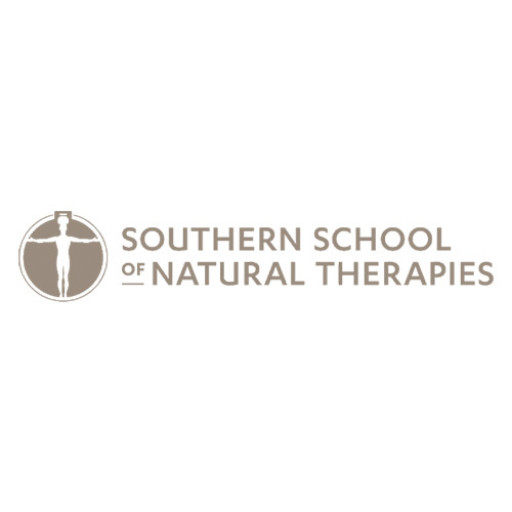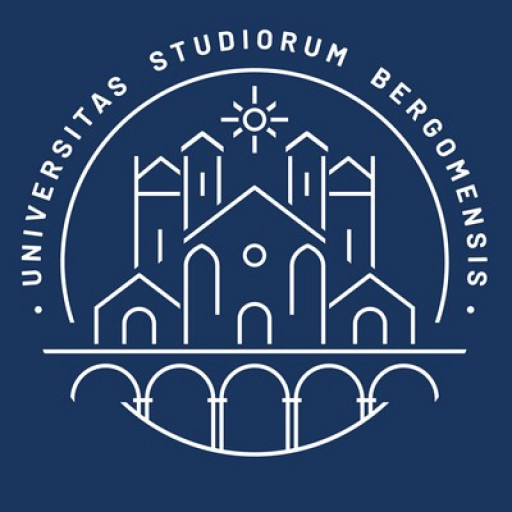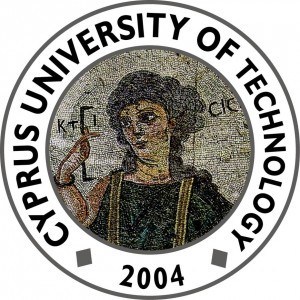The Bachelor of Health Science in Chinese Medicine at Southern School of Natural Therapies offers students a comprehensive education in traditional Chinese medical practices, combining ancient healing techniques with modern health sciences. This program is designed to equip students with in-depth knowledge of Chinese medical theory, diagnostic methods, herbal medicine, acupuncture, and other therapeutic modalities, enabling them to provide effective natural health care services. Throughout the course, students will develop a strong foundation in anatomy, physiology, pathology, and clinical practice, allowing them to assess and treat a wide range of health conditions using Chinese Medicine principles. The program emphasizes both practical skills and theoretical understanding, with extensive supervised clinical placements to hone students’ treatment techniques and patient communication abilities. Students will also learn about the integration of Chinese Medicine within contemporary healthcare systems, preparing them to work as holistic health practitioners in diverse settings. The curriculum is designed to promote cultural competency and ethical practice, encouraging students to adopt a patient-centered approach. Graduates of this program will be qualified to register with relevant professional bodies and pursue careers in private practice, multidisciplinary clinics, wellness centers, and health organizations specializing in complementary and alternative medicine. The program's combination of traditional theories and clinical training ensures that students are thoroughly prepared to contribute significantly to the health and well-being of their communities through the art and science of Chinese Medicine.
AHPRA (The Australian Health Practitioner Regulation Agency); AACMA (Australian Acupuncture and Chinese Medicine Association); FCMA (Federation of Chinese Medicine Institutions ); ANTA (Australian Natural Therapists Association)
- Year 12 or equivalent
- Inch science related subject is Advocated: Biology, Chemistry, Mathematics, Mathematics, Physical Education, Human Development or Psychology
- Mature age entrants (2 1 Decades of age and over) with a minimum of Year 10 schooling plus Exhibited life/work experience in a selection interview
The Bachelor of Health Science in Chinese Medicine at the Southern School of Natural Therapies offers various financing options to assist students in funding their education. Students may be eligible for government subsidies and financial aid programs, depending on their residency status and eligibility criteria. The Australian government provides support through schemes such as the Austudy, Youth Allowance, and VET Student Loans, which can help cover tuition fees and living expenses. VET Student Loans are available for eligible students undertaking certain diploma and advanced diploma courses, but may not apply directly to bachelor degree programs; however, students should check current eligibility and options. Additionally, students may benefit from payment plan arrangements offered by the institution, allowing them to pay tuition fees in installments over the semester, making the financial burden more manageable. Scholarships and grants specifically targeted to health science and complementary medicine students are sometimes available, either through the university or external providers, and applicants are encouraged to research and apply early to secure financial support. Private funding options such as education loans from banks or financial institutions are accessible, but students should carefully consider the terms and interest rates associated with these loans. International students, in particular, are often required to pay tuition fees upfront, although they may explore external scholarship opportunities and sponsorships to reduce costs. The Southern School of Natural Therapies also provides guidance and support services to help prospective and current students navigate financial options and plan their budgets effectively. It is recommended that students consult with the institution’s financial aid office to obtain the most current and personalized information regarding financing studies for the Chinese Medicine health science program. Overall, while multiple avenues exist to assist in funding the program, it remains important for students to plan their finances early and thoroughly understand the associated obligations of each financing option.
The Bachelor of Health Science in Chinese Medicine at the Southern School of Natural Therapies provides students with a comprehensive education in traditional Chinese medicine (TCM) practices. The program covers fundamental theories of TCM, including acupuncture, herbal medicine, tui na (Chinese therapeutic massage), and dietary therapy. Students learn to integrate these modalities into clinical practice, emphasizing holistic patient care. The curriculum combines practical training with academic coursework, ensuring graduates are well-equipped for professional careers in natural health and Chinese medicine. Coursework includes anatomy, physiology, pathology, and the philosophy underpinning Chinese medical theories. Clinical placements are a key component, offering hands-on experience under supervision, which helps students develop confidence and competency in diagnosing and treating various health conditions using Chinese medicine techniques. The program also explores modern applications of Chinese medicine, including its role in managing chronic conditions, pain relief, and wellbeing therapies. Graduates are prepared for registration with relevant Australian health authorities and can work in private clinics, integrative health centers, and related healthcare settings. The program aims to promote a holistic approach to health, emphasizing balance and harmony within the body, mind, and environment. Students are encouraged to undertake continuous professional development and stay updated with advancements in Chinese medicine. Overall, the Bachelor of Health Science (Chinese Medicine) prepares students for a rewarding career in the natural health sector, combining traditional knowledge with contemporary health practices.









